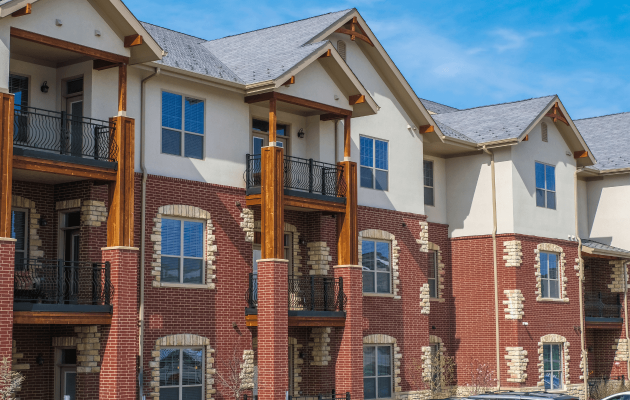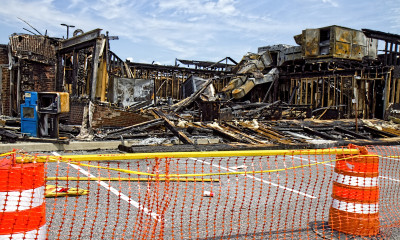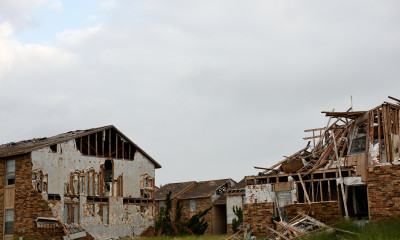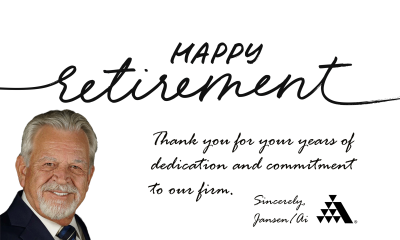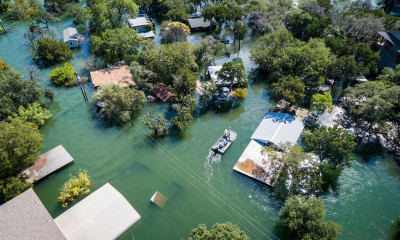Self-Insurance for Multi-Family Investments — Is it Right for You?
As the COVID-19 pandemic progresses, landlords are trying to shore up their bottom line. 2020 was an uneasy year, especially in the financial area. Landlords must reduce their expenses between eviction moratoria and the loss of revenues.
Insurance premiums on multi-family homes are expensive, and property insurance may be one of the first areas owners consider. Naturally, paying a smaller insurance bill is attractive, but is it the right choice for you? If you reduce your coverage, you will be taking on a substantial financial risk that you will need the tolerance and resources to handle.
The Pros & Cons of Self-Insurance
By far, the most attractive advantage of complete or partial self-insurance is the lower cost, which requires adequate financial reserves to cover any potential property damage and related business interruption losses. You need to understand your potential risks and ready access to the required funds when emergencies happen.
Here are other points to consider:
- Lower-end properties tend to have more claims, with most considered small claims, usually resulting in higher premiums.
- If you have the reserves on hand, it may make sense to self-insure these properties rather than face increasing premiums resulting from a growing history of claims.
- Also, remodeling smaller, uninhabited project properties might be good candidates for self-insurance.
- If you have one or more properties prone to disaster because they are in coastal, firestorm flooding areas, etc., self-insurance may be too large of a risk for you; especially if you have multiple properties in the disaster-prone area. A major catastrophic event such as a large hurricane could have severe financial impacts.
- Consider Winter Storm Uri, which damaged properties from coast to coast in February 2021 — including property damage to numerous apartment complexes. Most property owners never anticipated an event like this. For those who were self-insured, the decision was very costly.
The most apparent disadvantage of self-insurance is the unknown financial risk. When catastrophe strikes — and they do — you will be responsible for financing or paying for all the damages and there is no safeguard against your loss of business income should the property be uninhabitable for a time.
Larger organizations will find it easier to self-insure, whereas smaller companies or individual landlords might not have the financial resources. But even if you have plenty of financial reserves, would it make more sense to invest in new units or renovations that will eventually lead to more revenues? You will need to weigh that choice carefully. Sometimes, it makes more sense to continue to pay insurance premiums and to put your reserves to work for you in other investments.
Additionally, regardless of your willingness to self-insure, your mortgagee may require you to carry insurance. Insurance can be costly, but there are ways to keep your premiums down:
- Try shopping around! A different insurer might be eager for your business.
- Increase your deductible. Remember, property insurance makes up the lion's share of your premium costs. So, you can keep essential coverages like liability but still reduce your financial obligation to the insurer by having a larger deductible, a form of self-insurance.
- You may also want to consider changing your policy to provide for “coinsurance,” which requires you to pay a portion of the loss if you do not carry enough coverage. It can be considered a form of self-insurance and is offered at a lower premium cost. But before you make that move or any change to your insurance coverage to reduce your premiums, perform a cost-benefits analysis(CBA).
We remind multi-family property owners that liability insurance is a must for everyone. You should never consider self-insuring for liability claims or lawsuits that could be made by third parties, including common slip and fall injuries.
Remember, the purpose of insurance is to mitigate risk; for that, there is a cost to having the peace of mind it provides. You should consider self-insuring only if you have the resources and the tolerance for being exposed to the potential risks.
At Jansen/Adjusters International, we aim to help property owners obtain a full and fair settlement should an insurance claim occur. We show up when you need it most. As your independent resource, we will manage and prove your insurance claim from a position of unmatched expertise, with resources and strength to get the best amount for you to recover. And if you would like a free policy review or major claim review.

